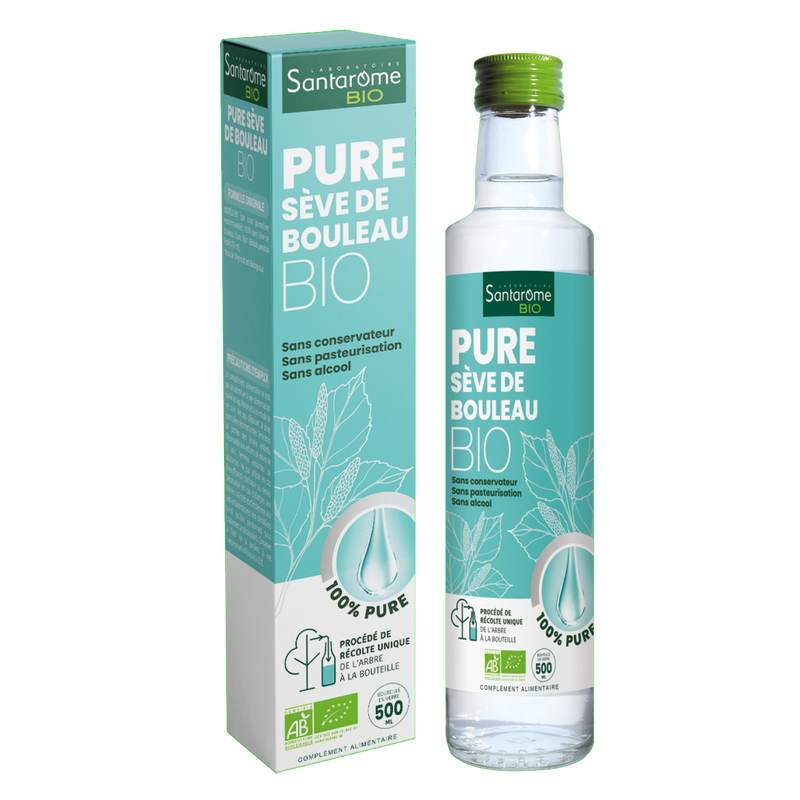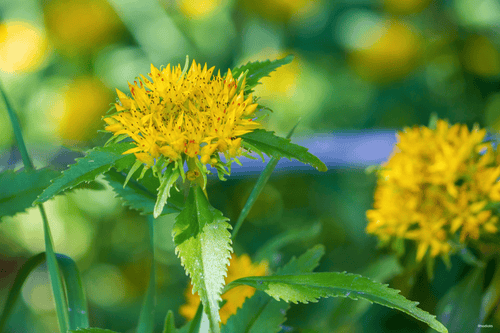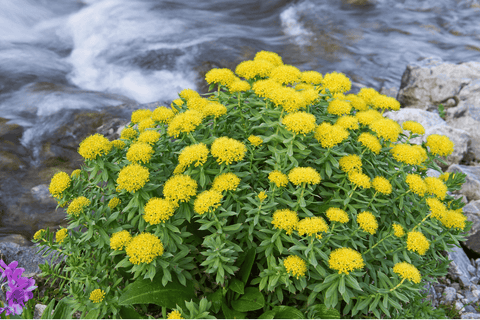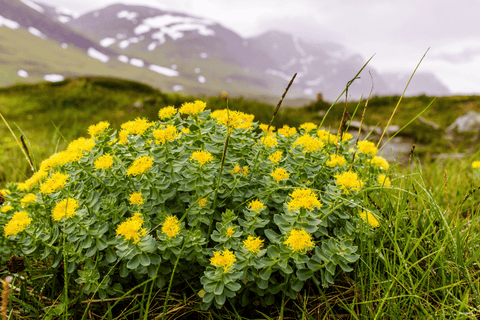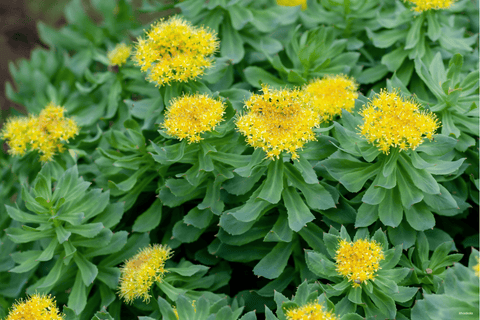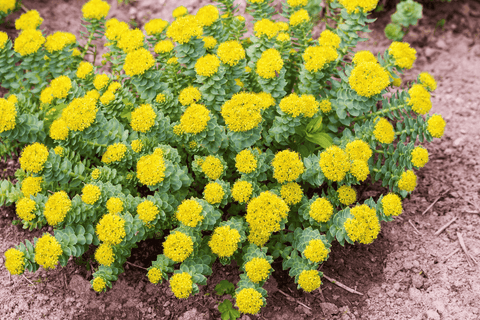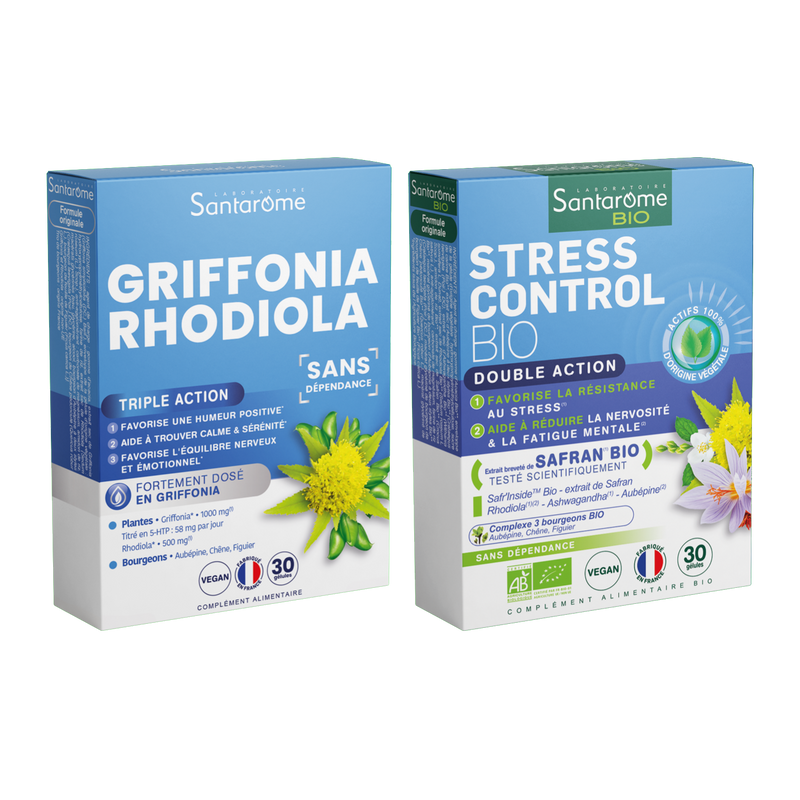Rhodiola is a succulent plant belonging to the Crassulaceae family, which grows at high altitudes in Northern Europe and in cold mountainous regions around the world, such as Tibet and Siberia. The name "Rhodiola" comes from the Greek "rhodos," which means "rose." This is because its root has a scent similar to that of a rose. It is also nicknamed "Golden Root" because of its pale yellow color and reputation as a precious herb.
According to researcher Richard P. Brown, Rhodiola was already known and used by the ancient Greeks in the 13th century BC. Over the centuries, it has been the subject of many legends, particularly for its amazing healing properties. Rhodiola is a powerful adaptogen and anti-asthenic that helps reduce fatigue and stress.
Thanks to its remarkable medicinal properties, Rhodiola helps to achieve better balance and improve overall well-being.
